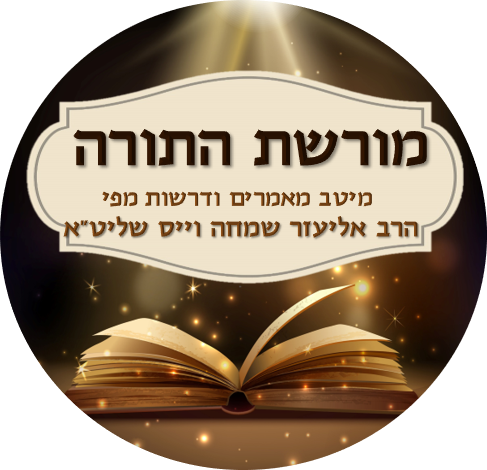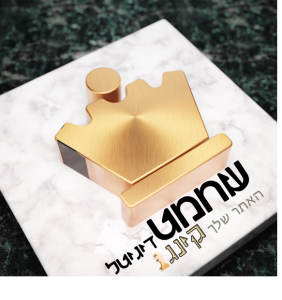Shemini-Etiquette for acknowledging a mistake
In Parashat Shemini, after the sudden deaths of Nadav and Avihu, Moshe commands Aaron, Elazar and Itamar – the remaining Kohanim – to proceed with the Sacrificial Services as planned. However, it subsequently becomes clear that the Kohanim had not eaten the sacrifice. When Moshe realizes this, he gets angry with Elazar and Itamar (and Aaron, says Rashi, but to avoid a confrontation with his sibling and shaming Aaron, Moshe took his nephews to task for this aberration (for not eating the offering, as they were instructed to do). Aaron, his brother, responds to the harsh criticism defends his sons’ behavior and deflects the stated objections to their course of action; by explaining that the loss of their brothers would make a “business as usual” attitude unacceptable in G-d’s eyes. Moshe accepts Aaron’s words and in the end, Moshe himself acquiesces that the Kohanim made the correct decision after all. The Torah records Moshe’s reaction to Aaron’s rebuke: “Moshe listened and it was good in his eyes.” Rashi explains that Moshe admitted his error, and was not embarrassed to concede that he was wrong –” he admitted and he was not ashamed” (Leviticus 10:20)].
הודה ולא בוש (ויקרא, שמיני י:כ(
“Mistakes are a fact of life. It is the response to error that counts”
There may be three types of response to error: One, a person who does not admit he is wrong at all and knowingly denies the truth because he is at all times ashamed to admit that his mistake. However there is no shame in that. The shame comes when you do not admit that wrong is wrong. Two, a person who admits his error, albeit begrudgingly, with embarrassment, as one forced to act against his will; three, a person who admits his mistake with a smile and without any embarrassment, delighted to discover his error, because through the realization of his error he has been enlightened. He has gained another piece of truth that he previously lacked. This was Moshe’s reaction. He was not upset or reluctant about Aaron’s disproving him, but instead elated. For he had been shown the correct way!
It is interesting to note that this episode with Moshe and Aaron and his sons is only nine sentences long, yet it spans two Aliyot [two people are called up for the Torah reading]. Perhaps the pause in the middle is to give us time for things to penetrate and relate to the emotions that were involved and to learn from Moshe Rabbeinu the correct etiquette for acknowledging a mistake

 שחמט דיגיטל
שחמט דיגיטל